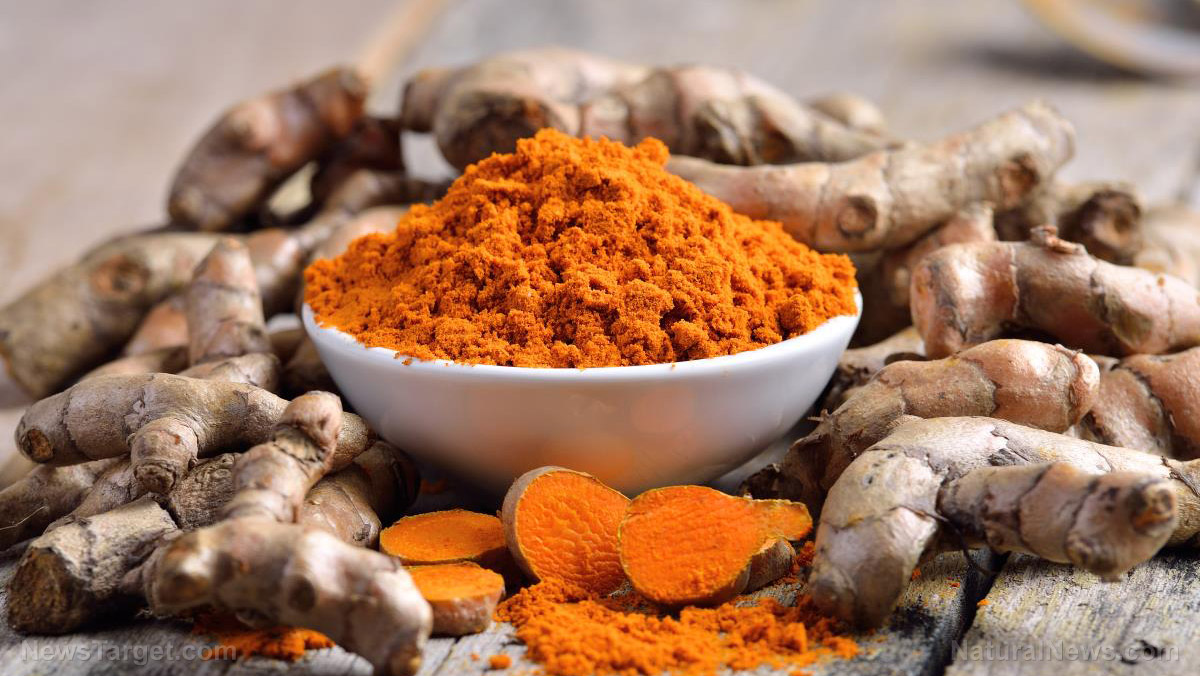Why being deficient in vitamin C puts you at extreme risk of various diseases
02/18/2019 / By Tracey Watson

As an unusually cold winter maintains its stubborn grip on the United States we are all at increased risk of developing seasonal colds and flus. Of course, people with compromised immune systems have an even greater chance of getting sick. Over the years, studies have consistently shown that one of the greatest causes of reduced immunity is a vitamin C deficiency. Experts estimate that as much as 30 percent of the population has low levels of vitamin C, with between five and 17 percent being totally deficient.
Vitamin C is an important nutrient vital to the repair of tissue and the production of certain neurotransmitters. It also facilitates the functioning of several enzymes and is a key component of the body’s immune system. Its function as an antioxidant is vital to the prevention of serious diseases like cancer, diabetes, pneumonia and others.
Unfortunately, your body cannot manufacture its own vitamin C, and is likely to be depleted at times of stress or illness – exactly when increased levels are most needed to maintain optimal health. For this reason, eating lots of fresh, non-GMO, organic fruits and veggies daily is extremely important, as is supplementing with a “clean,” reliable source of this essential nutrient. (Related: Vitamin C provides beautiful skin, enhanced immunity and cancer prevention.)
The link between low vitamin C levels and an inefficient immune system
Natural Health 365 explained how insufficient vitamin C levels have a massive impact on the immune system:
Inadequate levels of vitamin C can weaken the cells that normally kill invading toxins and disease-causing agents, as well as the specialized cells that coordinate those attacks. Even the production of antibodies to ward off specific infections can be diminished due to a deficiency in vitamin C.
With regard to the exact mechanism by which vitamin C boosts immunity, Natural Health 365 added:
Vitamin C has a “hands-on” role to play in ensuring optimal function of your immune system. Immune cells have active vitamin C transporter molecules embedded in their membranes. These transporter molecules actively pump vitamin C into cells where greater amounts are needed, such as during times of infection or inflammation.
Through transporter molecules, cells are able to reach levels up to 100-times that found at the plasma level. This is why blood levels of vitamin C are found to be diminished during times of disease or infection, as your body works to move vitamin C into cells where it is most needed. You can see how this cycle can eventually deplete your body’s supply of vitamin C through diet alone. (Related: Take these steps to help protect yourself and your family from the flu this and every year — NATURALLY.)
Be aware of the signs of low vitamin C levels
At times, despite our best efforts to maintain sufficient vitamin C levels, they may become depleted. Fortunately, if we are paying close enough attention, we will be alert to the signs that this might be happening, including getting sick more often and struggling to shake these illnesses off.
- More frequent, longer-lasting illnesses;
- Frequent colds and bouts of the flu;
- Poor wound healing;
- Easy bruising;
- Dry, scaly skin;
- Frequent nosebleeds;
- Gums that bleed easily; and
- Tooth loss.
Since our bodies do not manufacture the additional vitamin C we need at times of stress or illness it is important to ensure that we obtain enough of this nutrient at all times by eating between three and four portions of veggies and two pieces of fruit every single day. Supplementation may also be necessary, particularly at times of increased stress.
Discover more amazing natural healers at Nutrients.news.
Sources for this article include:
Tagged Under: deficiency, disease prevention, Diseases, fight disease, fresh produce, fruit, immune boosters, immunity, natural remedies, Nutrient, nutrients, prevention, supplement, supplements, vegetables, vitamin C



















